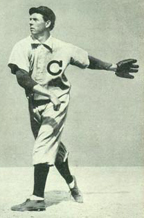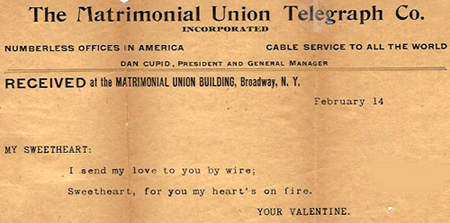
When her late husband, astronaut John Glenn, became the first American to orbit the earth, Anna Margaret “Annie” Glenn, who lost her life to coronavirus on May 19, was herself rocketed into the public spotlight. She found her new celebrity mortifying, however, because of her severe stutter. After a successful program of therapy in 1973, Annie became a champion for people with communication disorders.
In 1846, William Malone of Limestone, Alabama was also hoping to find therapy for his 23-year-old son, Clement. In a letter to his brother-in-law, John Marion Robertson of Franklin, Kentucky, he reported the results of what appeared to be an extensive search. “We have heard,” he wrote, “that there is a man in Kentucky some where perhaps at or near Springfield, who can cure persons of stuttering.” He requested that Robertson find out who the man was, where he lived, and what success he could claim. Working as an overseer in Mississippi, young Clement planned to come home to Alabama before departing for Kentucky in search of treatment, and his father was eager to have some information for him before he went on his way.
We don’t know if Clement found his cure, but speech impediments have sent others on paths that, like Annie Glenn’s, do not surrender to reclusiveness. It was some kind of speech disorder, probably a stutter, that caused a young Romanus Emerson (1782-1852) to veer away from a career in the ministry, but the Boston merchant (and cousin of transcendentalist Ralph Waldo Emerson) openly abandoned religion in his fifties. Pronouncing himself an “infidel,” he wrote and published pro-atheist tracts.
Reverend Henry David Carpenter (1859-1927), by contrast, retained his faith as both the pastor of New Bethel Baptist Church in Bowling Green, Kentucky and the founder of a county school for African-American children. Widely respected in both the community and the classroom, Carpenter too had a stutter, but his “presence just demanded attention,” according to a colleague in the ministry. “He’d walk into class and if the students was cutting up they would be quiet because Dr. Carpenter was in.”
Click on the links to learn more about these individuals, found in the Manuscripts & Folklife Archives of WKU’s Department of Library Special Collections. To search our collections further, use TopSCHOLAR and KenCat.


